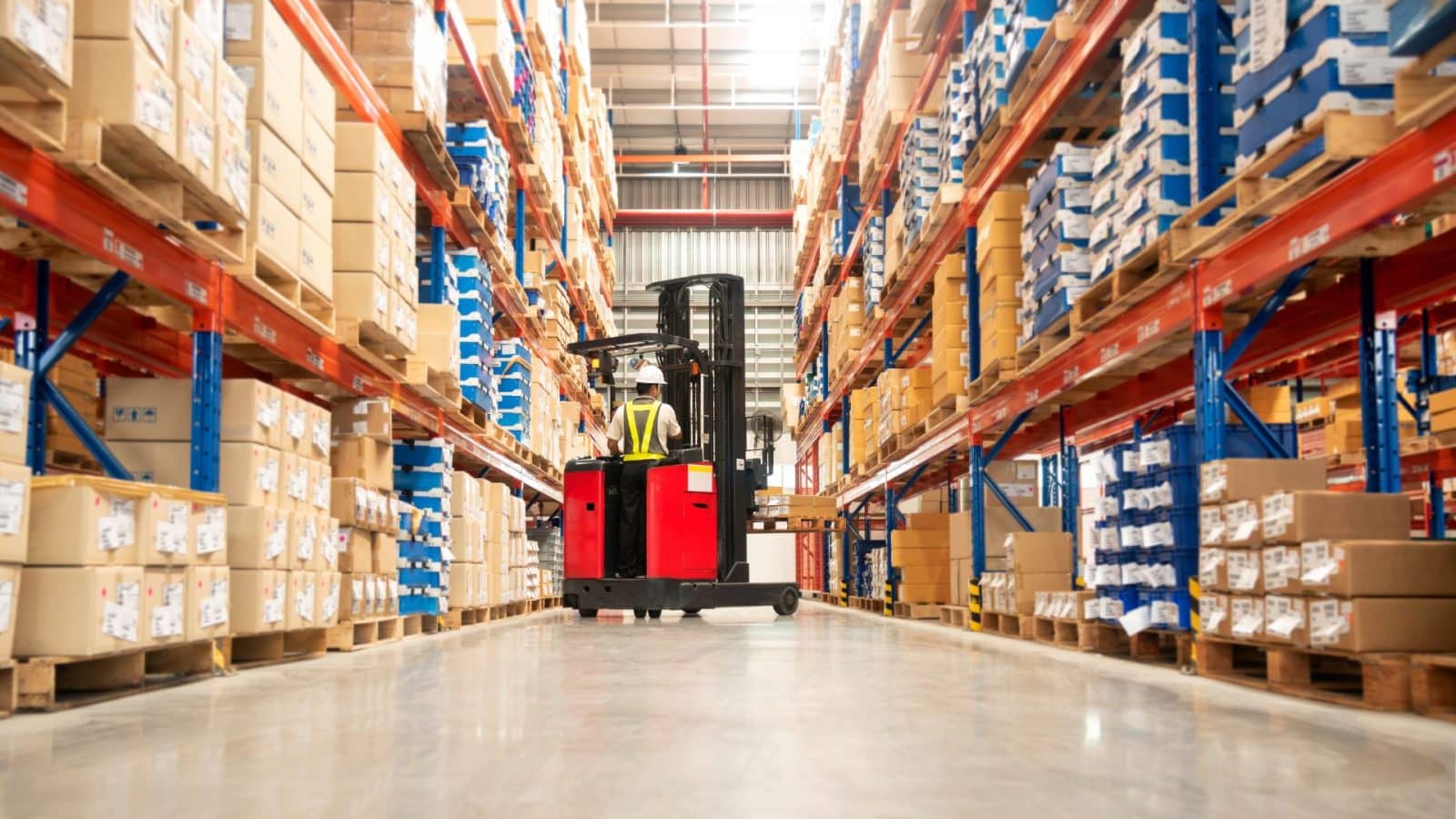Safety is a top priority for any warehouse or industrial facility. One aspect of workplace safety that can often be overlooked is the condition of warehouse floors. Poor floor conditions can lead to accidents and impact employee productivity. Explore why floor condition is essential for warehouse safety and discover some tips to ensure your facility’s floors are clean and safe.
The Importance of Floor Safety in Warehouses
Warehouse floors are subjected to constant wear from heavy equipment, spills, and foot traffic. A poorly maintained floor can lead to a variety of safety hazards, such as:
- Slips, trips, and falls: Uneven or slippery surfaces can lead to accidents, causing injuries to employees and potential damage to products and equipment.
- Forklift accidents: Quality surfacing and ramps are critical for avoiding forklift hazards. Damaged or slippery floors can impede the operation of forklifts and other heavy machinery, increasing the risk of collisions and accidents in the workplace.
- Poor indoor air quality: Cracked or damaged floors can accumulate dust and debris, affecting indoor air quality and leading to respiratory issues for workers.
- Decreased productivity: A poorly kept warehouse floor can make it difficult for employees to navigate, resulting in reduced efficiency and productivity.
By maintaining optimal floor conditions and avoiding common forklift hazards, warehouse managers can prevent accidents, protect employees, and maintain a clean and organized environment.
Tips for Keeping Warehouse Floors Clean and Safe
To ensure your warehouse floor is in the best possible condition, consider implementing these tips:
Conduct Regular Inspections
Schedule periodic inspections of your warehouse floor to identify and address issues before they escalate. Look for cracks, uneven surfaces, and areas of excessive wear.
Repair Damage Promptly
Address any floor damage as soon as it’s identified to minimize the risk of accidents and maintain a safe working environment.
Implement a Cleaning Schedule
Regular cleaning can help maintain an organized workspace, preventing slips and trips due to spills or accumulated debris. Use appropriate cleaning products and methods for your specific floor type.
Use Floor Treatments and Coatings
Anti-slip floor treatments and protective coatings can help improve the durability and safety of warehouse floors. Consult with an industry expert to identify the best options for your facility.
Post Signage and Markings
Clearly label aisles, walkways, and danger zones to help prevent accidents. Additionally, safety markings can help direct traffic and reduce the risk of collisions between workers and heavy equipment.
Maintaining optimal floor conditions is essential for warehouse safety and productivity. Warehouse managers can create a safe and efficient working environment by inspecting, repairing, and cleaning warehouse floors regularly, and implementing safety measures like non-slip treatments and proper signage. Investing in floor maintenance will result in a safer space and contribute to the overall success of your warehouse operation.
There are many workplaces that require operating a forklift. Warehouses, retail spaces, industrial plants, and other environments benefit from employing people who can legally drive a forklift. Learn more by checking out this post: Why You Should Get Your Forklift Certification
















Leave a comment